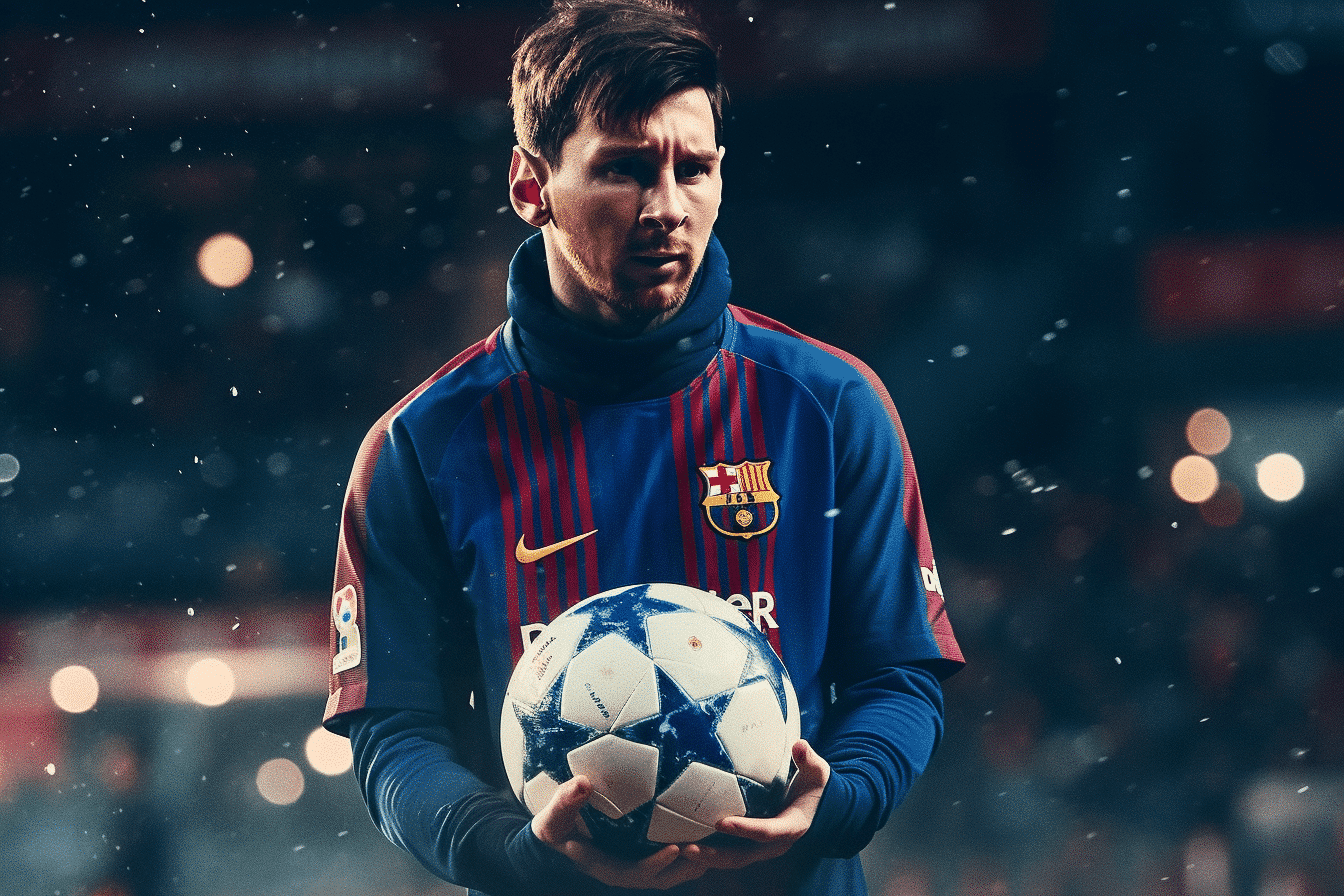In a heartbreaking turn of events for Barcelona fans, the Catalan club has once again failed to entice their beloved icon, Lionel Messi, back to their ranks.
Nearly two years after Messi’s forced departure due to the club’s financial struggles, hopes of a homecoming were dashed as the Argentine maestro announced his decision to join Inter Miami in Major League Soccer.
Barcelona’s financial constraints, coupled with Messi’s reluctance to endure uncertainty, played pivotal roles in this disappointing outcome.
Missed Reunion Opportunities
Amidst mounting anticipation and speculation, Lionel Messi confirmed on Wednesday that he would not be returning to Barcelona. The 35-year-old World Cup winner expressed his eagerness to rejoin the club where he thrived for almost two decades.
However, the specter of financial instability loomed large, dissuading Messi from subjecting himself to a precarious situation once again.
Barcelona’s Financial Hurdles
Barcelona’s financial struggles prevented them from securing Messi’s services for a second time. Despite Messi’s desire to return, the club was unable to assure him that they could overcome their financial woes and fulfill his contract requirements.
The Argentine superstar was informed that the club would need to sell players or reduce salaries, which he did not wish to happen. Consequently, the uncertainty surrounding Barcelona’s financial viability proved decisive in deterring Messi from a reunion.
Personal Decision and Family Priorities
While money wasn’t the sole factor influencing Messi’s decision, it is noteworthy that he chose Inter Miami over a potentially more lucrative offer from Saudi Arabia. The Argentine emphasized his desire to step out of the spotlight and prioritize his family after a challenging period at Paris Saint-Germain.
Nevertheless, Messi made it clear that he would have returned to Barcelona if the club’s financial situation had been more promising. His decision to join Inter Miami signifies a personal choice to embrace a league with less intensity and focus on rejuvenation.
Barcelona’s Response and Laporta’s Efforts
Barcelona’s president, Joan Laporta, expressed his understanding and respect for Messi’s decision, attributing it to a desire to compete in a less-demanding league. Laporta, who had pledged to do everything possible to bring Messi back, restructured the club’s finances in an attempt to facilitate his return.
However, even with the departure of former teammates Sergio Busquets and Jordi Alba, Barcelona’s salary cap restrictions left little room for accommodating Messi’s contract demands.
The Emotional Toll and Future Plans
Barcelona coach Xavi Hernandez acknowledged the immense pressure Messi faced and how it impacted his decision. The weight of expectations and the demanding nature of being Messi proved overwhelming, leading him to opt for a fresh start in the United States. Despite this setback, Messi has expressed his intention to return to Barcelona in the future, albeit not as a player. His departure marks the end of an era and a bittersweet farewell to the club where he achieved remarkable success.
As Lionel Messi embarks on a new chapter of his illustrious career, Barcelona finds itself grappling with the reality of a missed opportunity. The club’s financial constraints prevented them from securing the return of their prodigal son, leading to profound disappointment among fans. While Messi’s decision to join Inter Miami is a personal one, his enduring love for Barcelona and desire for a future involvement with the club offer a glimmer of hope for an eventual reunion. For now, however, Messi’s departure signifies the end of an era, leaving behind a legacy that will forever be etched in Barcelona’s history.




